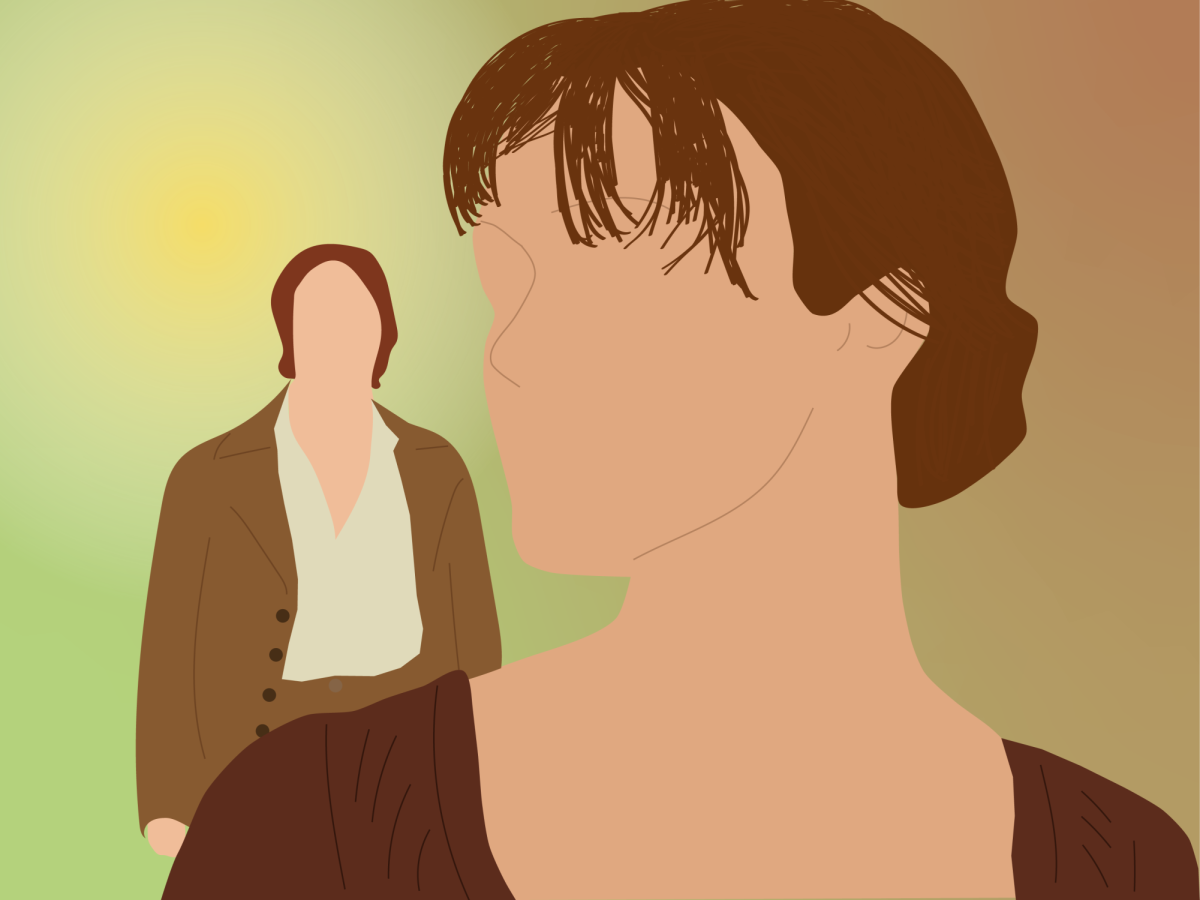To listen to Flying Lotus (or FlyLo, depending on your level of familiarity) is to get an idea of perpetual motion. Cosmogramma, Flying Lotus’s third full-length album, is the artist’s most innovative work yet. Released May 3 under Warp Records, the album features FlyLo’s characteristic mix of jazz, hip-hop, and electronic music. The sound experiments liberally and intensely with each genre, mish-mashing them to create a busy, hybrid and often brilliant sound.
Steven Ellison, the man behind the Flying Lotus alias, purports his most recent work to be of the future, a self-described “space-opera.” The album title attests to the intent and ambition, but does the music rise to the occasion? The short answer: yes. The longer answer is as follows:
The first track, “Clock Catcher,” immediately churns out a pulse of electronic beats that stop briskly, replaced by futuristic, ambient instrumentation. The effect is that of a musical takeoff, with the listener left drifting in zero gravity. The moment doesn’t last too long, however, as the following track, “Pickled,” interrupts with a frenzied jazz improvisation. This discordance is an identifying trait of the album. The music is gleefully hyperactive, and its moments of introspection are frequently cut short by some impatient noise; the fact that the “Intro,” which features a beautiful string arrangement, doesn’t even come in until the fourth track is somewhat telling of the album’s overwhelming need to move forward.
The album’s other identifying trait is its eclecticism. Its ability to merge instrumentation and musicianship is just as impressive as its ability to merge genres. The music is a coalition of misfit elements, which include vocals (Thom Yorke and Laura Darlington), tenor saxophone (Ravi Coltrane, Ellison’s cousin), harp (Rebekah Raff), strings (arranged by Miguel-Atwood Ferguson) and Ellison’s electronic samples. Blessed with such capable assets, Ellison becomes something of a conductor-composer. Ellison’s orchestration often sounds chaotic, but there’s always an inherent structure and layering that betray his careful craftsmanship.
There’s also an overall structure for the album. Many of the album’s tracks play out like interludes or intermezzos, averaging about a minute and a half each. They serve as transitions to meatier tracks. Meanwhile, the album comes to a turning point at precisely midway with “Do the Astral Plane,” perhaps the best track of the album. From then on, the music begins to wind down, with tracks that become longer and less frantic. In “Drips/Auntie’s Harp,” there’s a reprise of the string arrangement from “Intro,” a coda that brings the album to an eventual close.
Cosmogramma is an album that is both an accident and a tribute. The word is Ellison’s mishearing his late great-aunt, Alice Coltrane, during a discourse say “cosmic drama.” The album’s inclusivity and willingness to explore is in keeping with this overarching theme of expansiveness. In more ways than one, Ellison’s album is an expression of something greater than himself.













